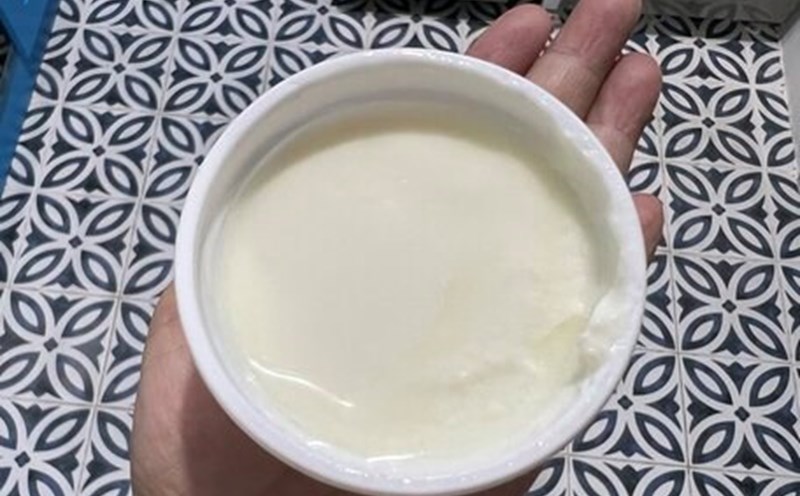Drink warm water immediately after waking up (but not too much at a time)
According to the National Kidney Foundation (NKF), drinking 200-300 ml of warm water after waking up helps re-activate the kidney's blood filtration process after 7-8 hours of rest.
This habit helps dilute the filter, promoting the excretion of urea, sodium and uric acid early in the day.
People with kidney failure or edema should consult a doctor about the appropriate amount of water.
Eat a breakfast rich in antioxidants
Breakfast with foods containing polyphenols, vitamins C and E (such as oats, blueberries, almonds, apples, etc.) helps reduce oxidative stress, the leading factor causing damage to renal Tube cells.
The group of people who maintain a breakfast rich in antioxidants have a blood CRP and creatinine level of less than 12%, showing better kidney function.
Do light exercise 10-15 minutes after breakfast
According to the European Society of Nephrology, just a 15-minute light walk in the morning helps improve blood flow through the kidneys, temporarily increase the glycemic index (GFR) by 5-7%, and reduce ihinulin levels, a factor related to the risk of kidney damage due to metabolism.
Experts recommend: do light exercise after breakfast for 30 minutes, avoid exercising on a completely empty stomach because it can cause hypoglycemia.
Drinking white black coffee (no sugar, no ice cream)
Many people think coffee is difficult to kidney, but a long-term study by Johns Hopkins University (2023) with more than 400,000 participants showed that drinking 1-2 cups of coffee per morning reduced the risk of chronic kidney failure (CKD) by 23%.
The reason is that caffeine stimulates blood circulation, increases renal globular filtering slightly and has antioxidant effects.
However, consuming more than 3-4 cups/day can increase blood pressure, which is counterproductive for kidney patients.
Exposure to the sun 10 minutes early in the morning to synthesize vitamin D
According to the World Health Organization, vitamin D deficiency is closely related to kidney dysfunction and increased PTH (parathyroid hormone).
Sunlight before 8am helps the skin synthesize vitamin D naturally, supports calcium absorption, and regulates bone and kidney function.
An overview in the Journal of Renal Nutrition confirmed that maintaining adequate vitamin D levels helps reduce the risk of developing chronic kidney disease by 22%.











